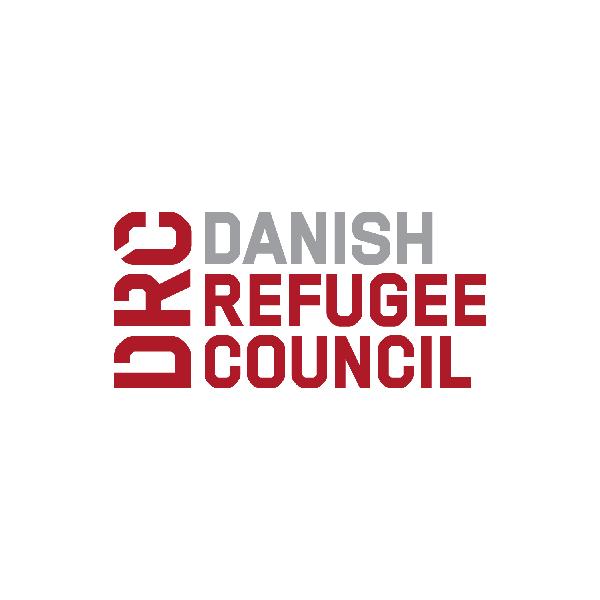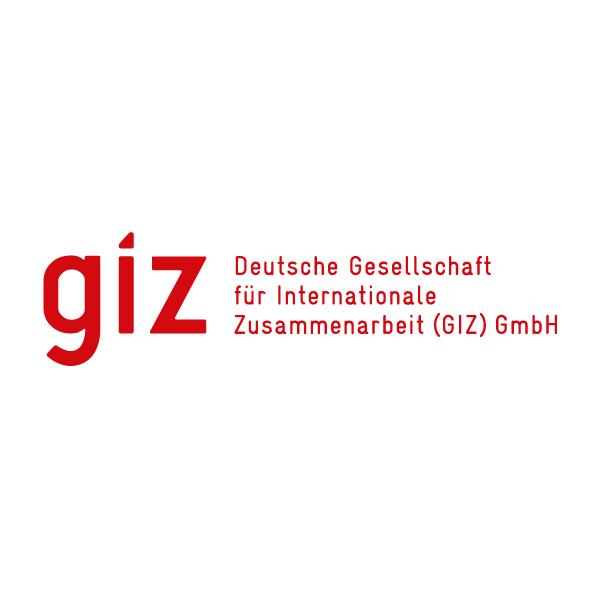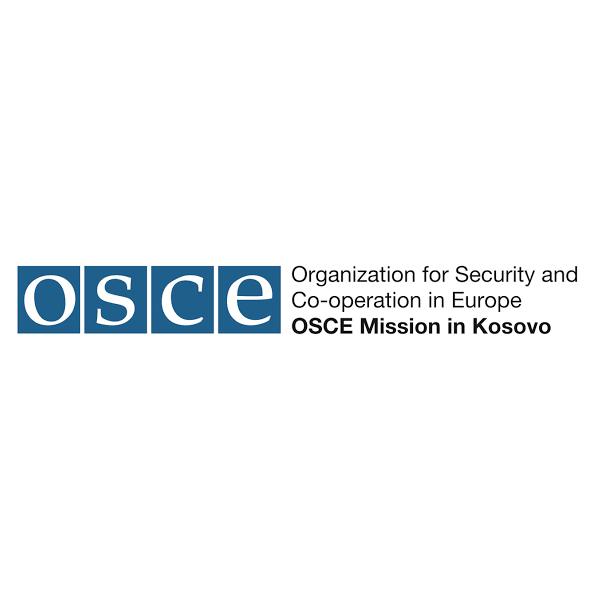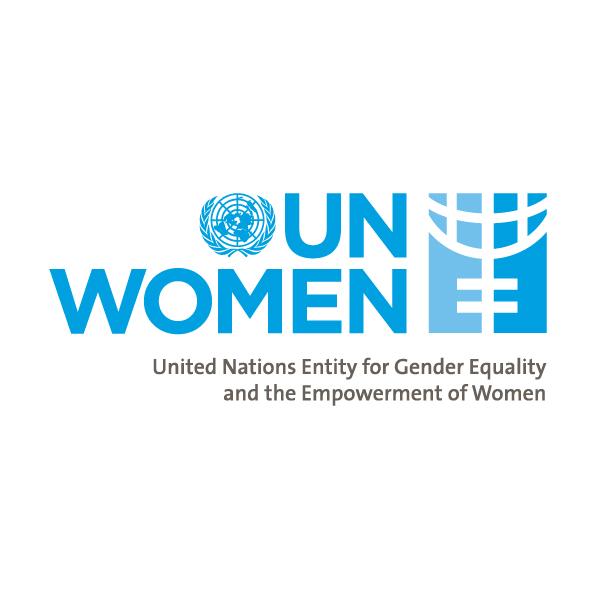Prior to the Brussels Justice Agreement there were two judicial systems operating at the same time in the territory of Kosovo, one of the Serbian courts system and law and the one of Kosovo judiciary. The delayed implementation of the agreement officially began on 06 November 2017. This was immediately followed by political comments from both sides, mainly alluding on which side won or lost from this Agreement. Objective commenting on the advantages and disadvantages of the integration was, of course, limited.
 The Justice Agreement itself refers to the complete abolition of parallel justice system and the establishment of one court and prosecutor’s office in Mitrovica, as well as branches in northern Kosovo. The Agreement defines that the integrated judges and prosecutors will act in accordance with the Kosovo legislative framework. It sets out the principles of case allocation, as well as the ethnic structure of management and judicial staff in this court, branches and the prosecution.
The Justice Agreement itself refers to the complete abolition of parallel justice system and the establishment of one court and prosecutor’s office in Mitrovica, as well as branches in northern Kosovo. The Agreement defines that the integrated judges and prosecutors will act in accordance with the Kosovo legislative framework. It sets out the principles of case allocation, as well as the ethnic structure of management and judicial staff in this court, branches and the prosecution.
A statement suggesting that the judicial integration has resolved all the problems would not be objective. Yet, with time, things have moved towards a positive direction. Prior to the implementation of the Agreement, citizens from the north of Kosovo could not obtain criminal record certificates, nor could a conviction be erased from the system upon the completion of all the legal conditions. As a result, Kosovo Serbs from the north, particularly young people, were not able to satisfy employment requirements as citizens from the rest of Kosovo could. A backlog of thousands of cases had been stored in the building of the Basic Court in Mitrovica for years. After the integration, judges and prosecutors started working on those cases, thus enabling their closure and issuing criminal record certificates to the citizens.
The integrated judiciary in North Mitrovica is capable of providing a greater protection to the victims of domestic violence, mainly women. Within the parallel justice system, we had no possibility to impose measures that would possibly evict the abuser from the victims’ residing place. We did not have police assistance; our decisions would be unenforceable, as if they were “dead letters”. It was an absurd situation where the judge would beg the abuser not to commit violence, which of course did not bring any result. Nowadays women from the Serb community receive full protection in case they need.
Child custody was the biggest challenge for the Serbian courts. Maintaining contact with the parent who was not exercising parental responsibility was a major issue. Everything was based on the parents’ goodwill, whilst the situation kept deteriorating. A ruling judgment on child maintenance could only be enforced if the parent was an employee of Serbian public institutions or if the parent voluntarily obeyed.
Any decision issued by a civil court would still state that the parent is “obliged to act within 15 days, under threat of forced execution”, but this made less and less sense. Usually, a judgment allows a person to act in a favorable manner within a period of time (normally 15 days, and in some cases as few as 8 days). In a working system, if this requirement has not been fulfilled in due time, the other party may seek judicial enforcement. After 1999, for the Serbian judicial system operating in the north there was no real possibility to force the responsible party to comply, except for the payment of a monetary claim, and only if the debtor had an account with sufficient funds in a Serbian bank. This has changed with the integration.
For example, in cases of property occupation, the usurpers of someone else’s property can no longer hide in the ambiguity created by parallel existence of two judicial systems, which they have been doing very successfully until 2017. The fact is that before integration, the Kosovo judicial authorities could not enforce their judgments in the north, in terms of setting free a property from the usurpers and handing it over to the owner, and the Serbian judicial authorities could not carry it out neither in the north nor in the south. There were many reasons for this, ranging from the lack of recognition of each other’s jurisdictions (who is competent to decide) to the physical and objective inability to carry it out successfully.
Compensation of damages has finally started on all legal grounds. However, the recognition of decisions previously taken by the Serbian courts and administrative bodies remains a problem. To exercise their rights before the Kosovo judiciary, Kosovo Serb citizens have to be in possession of Kosovo documents (birth, marriage and death certificates, title deed, insurance policy, licenses, decisions, etc.) which takes time, patience and money, making many give up seeking justice before the court. This aspect, affects the implementation of judgments related to compensatory damages on a variety of disputes. For instance, judgments related to compensatory damages from labor disputes, such as unlawful termination of employment, rendered by the Serbian courts, cannot be enforced by the Kosovo judicial system. Only employees of Kosovo authorities, organizations and institutions can in practice claim their employment rights before Kosovo courts. A similar situation exists with regard to divorce. The Kosovo judicial system cannot divorce a couple married by the authorities of Serbia operating in Kosovo, if they have not registered the marriage first.
Ironically, there has been no change in criminal proceedings after the implementation of the Justice Agreement. Kosovo courts continued to conduct all criminal and misdemeanor proceedings, since the Serbian courts were unable to proceed in these cases after EULEX arrived. This also applies to crimes and misdemeanors committed by minors.
Finally, there is a matter of fact that Kosovo citizens have gradually started to build trust on judges of the opposite nationality.
This is a brief overview of advantages of the integrated justice system. The integration of judiciary is a complex topic, with a real transformative potential. To achieve that goal, it requires a detailed analysis of the shortcomings of its implementation, to extract lessons from the difficulties encountered during the implementation and address by the authorities in Pristina and Belgrade. This will ultimately ensure the respect of the rights guaranteed to citizens in Kosovo.






























